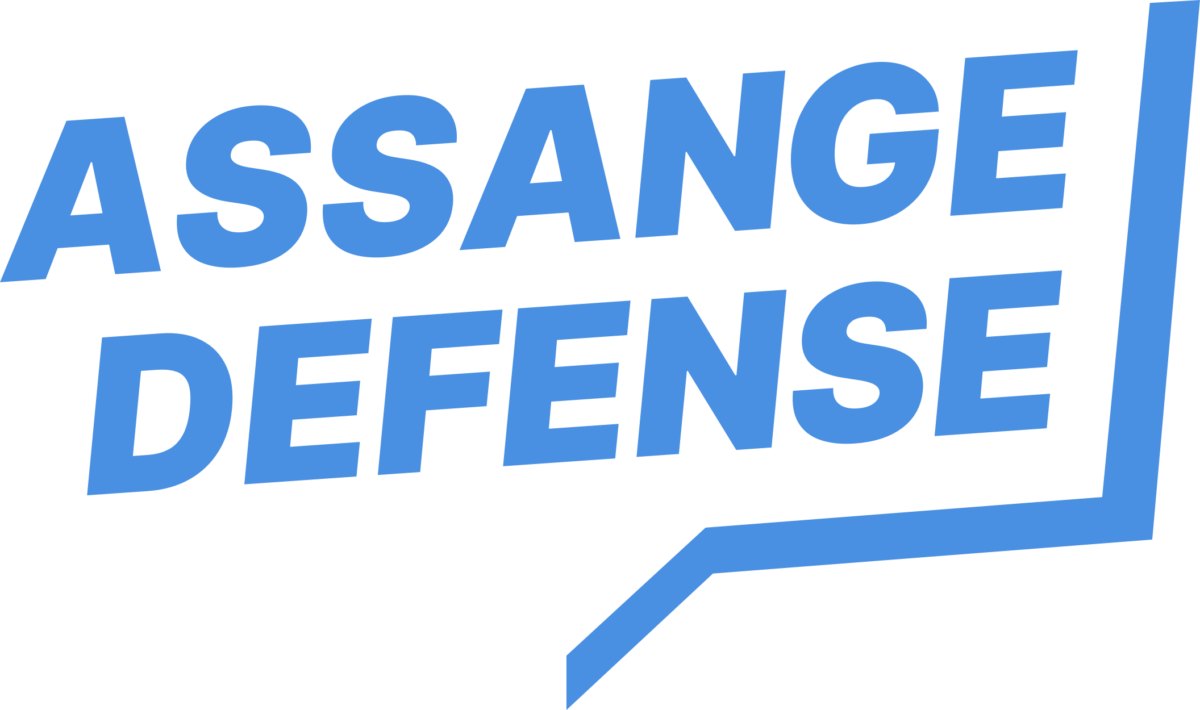The United States and United Kingdom continue to imprison WikiLeaks publisher Julian Assange for journalistic activity, under charges that press freedom experts across the political spectrum agree represent a grave and unprecedented threat to investigative journalism around the world. At the same time, U.S. and UK leaders use their international platforms to condemn other countries for the very same abuses of basic journalistic rights. Foreign leaders are taking notice, and pointing out this blatant hypocrisy in response. The Assange case no longer represents a hypothetical danger; it is actively undermining the West’s moral authority to push back on human rights violators around the world.
On May 3, World Press Freedom Day, U.S. Secretary of State Antony Blinken and U.K. Foreign Secretary Dominic Raab held a joint press conference in which they condemned China, Russia, and other countries for press freedom violations.
Sec. Raab said,
“Violations of media freedoms are growing around the world at what I feel is an alarming rate. And I welcome the unequivocal stance of the United States and the whole G7 on safeguarding those vital democratic bulwarks in our media freedoms.”
Sec. Blinken echoed those remarks, recognizing the
“The work that journalists are doing around the world in increasingly difficult and challenging conditions to inform people, to hold governments and leaders of one kind or another accountable. Nothing is more fundamental to the good functioning of our democracies, and I think we are both resolute in our support for a free press.”
Blinken then condemned the “repression of media freedom across China and in other parts of the world.”
Glaring Double Standard
Days later, Chinese Foreign Secretary Hua Chunying held a press conference in which she was asked about these types of comments, and she responded by calling attention to the glaring double standard underlined by Assange’s ongoing persecution. Chunying said,
“Some in the US, in the name of freedom of press and speech, wantonly smear and attack China. This in itself is spreading disinformation and a travesty of real freedom and democracy.
If they are truly defending freedom, why won’t they allow others to tell the truth when they are making up lies to confuse public opinion? If they are truly defending freedom, why is it that Mr. Assange, founder of WikiLeaks, was thrown in prison after being forced to shelter in the Ecuadorian Embassy in London for seven years? If they are truly defending freedom, why not respect or at least tolerate the existence of other civilizations and systems? If they are truly defending freedom, why target views different from its “political correctness” and repress those holding such views? If they are truly defending freedom, why deprive other countries of their right and freedom to normal development and suppress them?”
Glenn Greenwald writes, ‘Antony Blinken Continues to Lecture the World on Values His Administration Aggressively Violates,’
“How can you run around the world feigning anger over other countries’ persecution of independent journalists when you are a key part of the administration that is doing more than anyone to destroy one of the most consequential independent journalists of the last several decades?”
Mads Andenæs, former UN special rapporteur on arbitrary detention and the chair of UN Working Group on Arbitrary Detention, criticized this double standard as well.
Azerbaijani President: “Let’s talk about Assange”
This week also saw the resurfacing of a video from November 2020, in which Azerbaijani President Ilham Aliyev was interviewed by the BBC about repression in that country. Aliyev responded with questions about how the U.K. aided in the persecution of Assange,
“We have opposition, we have NGOs, we have free political activity, we have free media, we have freedom of speech. But if you raise this question, can I ask you also one? How do you assess what happened to Mr. Assange? Isn’t it the reflection of free media in your country?”
He continued, later in the interview,
“Let’s talk about Assange. How many years, sorry, how many years he spent in the Ecuadorian embassy, and for what? And where is he now? For the journalistic activity, you kept that person hostage actually killing him morally and physically. You did it, not us. And now he is in prison. So you have no moral right to talk about free media when you do these things.”
Reputational Damage
Julian Assange’s partner, Stella Moris, foresaw the issues Assange’s prosecution would pose for western governments in an interview last month, on the two-year anniversary of his arrest.
“The treatment of Julian is compromising the UK constantly all round the world. It’s giving authoritarian governments points to score all round the world both privately and in international fora like the UN. You cannot start a new values competition with China with Julian Assange in Belmarsh for publishing war crimes. It just does not work. You don’t get to take the moral high ground with this as your starting point.”

